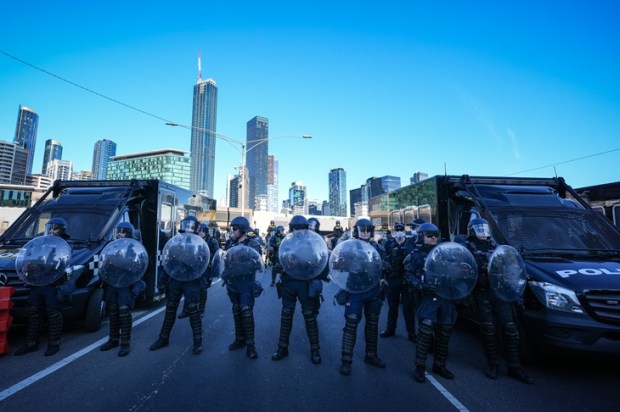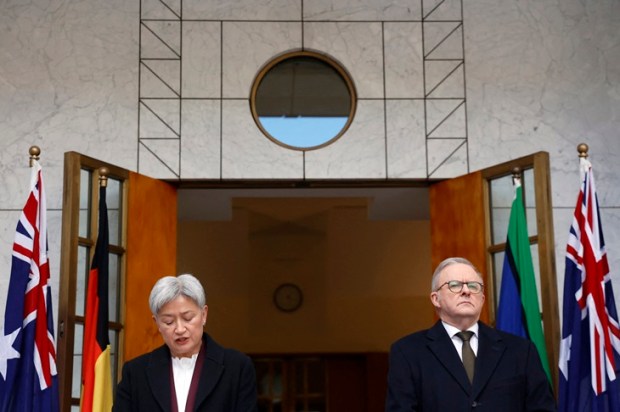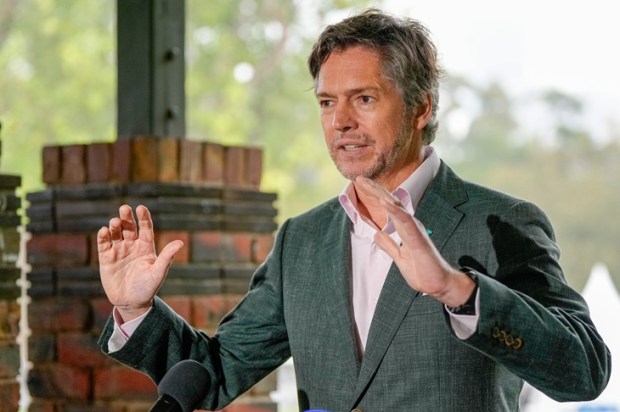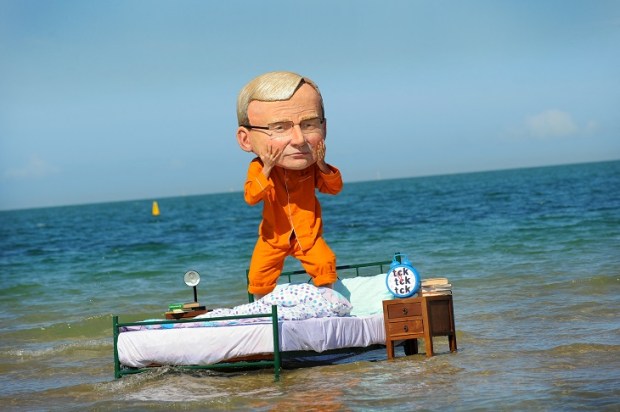After Monkey Pox turned out to be a real disappointment as a successor to Covid (with a rather politically awkward high-risk demographic), those desperate to freak themselves out about the next respiratory apocalypse have moved on to MERS. We’d call it ‘Camel Flu’ but no one wants to deal with PETA screeching about speciesism this early in the week.
While 2.45 million football fans were busy descending on Qatar for the World Cup, mutterings about the Middle East Respiratory Syndrome started doing the rounds in the press. MERS is thought to originate in bats and use camels as a reservoir host, but unlike Covid, humans are almost exclusively infected via prolonged contact with camels.
The one thing MERS has in its favour as a ‘scary virus’ is its relatively high death rate of 36 per cent, with 935 deaths on record from 2,601 cases – almost all within Saudi Arabia. Similar to Monkey Pox, cases of MERS in Europe and America were not domestically acquired but instead originated with individuals who had recently travel to the Middle East.
During these rare outbreaks, the CDC said, ‘MERS represents a very low risk to the general public in this country.’
In the post-Covid world, MERS is a great candidate for ‘fear and finance’ because there are no vaccines on the market but quite a few in production that require a bit of global hysteria to get off the ground. This time, the whole death-by-camel apocalypse thing fizzled out. As Science Direct notes:
‘mRNA vaccine technology is still in its infancy. So far, only a limited number of studies have reported the design and evaluation of mRNA vaccines against MERS-CoV.’
While the World Cup brought millions of people into a MERS region, there was no reason to assume they would be in prolonged contact with camels. That didn’t stop health experts leading news headlines, warning people that MERS might spread among the football crowd and that fans should monitor their symptoms closely.
Human-to-human transmission of MERS is difficult and almost exclusively inside healthcare environments, so unless those football crowds spent several weeks with camels and then went to the ER for an after-party – it’s difficult to imagine why a warning would be necessary.
As the World Cup draws to its close, Quartz has admitted Fears about MERS at the World Cup are overblown with the rather bizarre subheading, A fabricated panic over so-called ‘camel flu’ is being used to spread racist stereotypes.
Sigh. If MERS can’t get millage for Big Pharma sales or power-hungry governments, at least the Woke can step in and drag the story out for a bit of ritualistic race-baiting.
‘The UK Health Security Agency (HSA) alerted doctors across the UK that soccer fans coming back from Qatar might carry Middle Eastern Respiratory Syndrome (MERS).
‘…it’s important to be informed of the health risks associated with travels, but there is not much more to see here. MERS is unlikely to spread with fans returning from the World Cup, let alone cause another pandemic. It does, however, show how diseases can stoke xenophobia.’
What follows is the typical, ‘How dare you name a virus after its geographical origin!’ Such naming practices are used because they are both accurate and helpful in raising awareness. These days, admitting that a region contains a virus has become problematic because commentators – wrongly and of their own volition – assign some kind of imagined blame to the people of that area.
The only time it would be correct to blame the locals for a virus would be, hypothetically(?), if they’d cooked it up in a lab and then let it wander out into the world.
‘The very name of the disease is problematic, as it associates the virus to a location, adding stigma and causing confusion […] Even worse is “camel flu,” which news organisations and others often use instead of MERS. Although indeed the disease is transmitted by camels, the label conjures stereotypical images of the Gulf countries, feeding xenophobia and ever so unconsciously suggesting an association between its people and a disease.’
Next we’ll be saying that naming the venom from certain terrifying Australian spiders – such as the Sydney Funnel-web is ‘problematic’ because it stigmatises the people of Sydney and is racist toward Indigenous people by suggesting that Australia isn’t a safe space.
If anyone is stigmatising the Middle East regarding MERS, surely it is the World Health Organisation when they released an emergency warning on November 16 after just four – four – cases between December 2021 and the end of October 2022. All of these had been in contact with dromedary camels and the individuals had drunk raw camel milk.
It has been a long time since MERS was at the forefront of public terror. In 2015, it gained notoriety during an outbreak in South Korea, infecting 186 people and killing 38. The outbreak began with a 68-year-old man who had recently been in the Middle East.
Severe censorship ‘for the greater good’ early in the outbreak is now blamed for increasing the spread as hospitals and patients were not properly warned. Schools were closed and the economy suffered disproportionately to a minor viral event. The world chose to learn nothing from this experience.
At the close of the MERS outbreak, the then-Prime Minister Hwang Kyo-ahn had this to say:
‘I ask the public to shake off all concerns over MERS and to resume normal daily activities, including economic, cultural, leisure and school activities. I am sorry to the people for causing worries and discomfort.’
A sober look at the WHO’s Distribution of cases and deaths from MERS-CoV in Saudi Arabia from 2013-22 graph shows an enormous decline. If anything, MERS is practically dead.
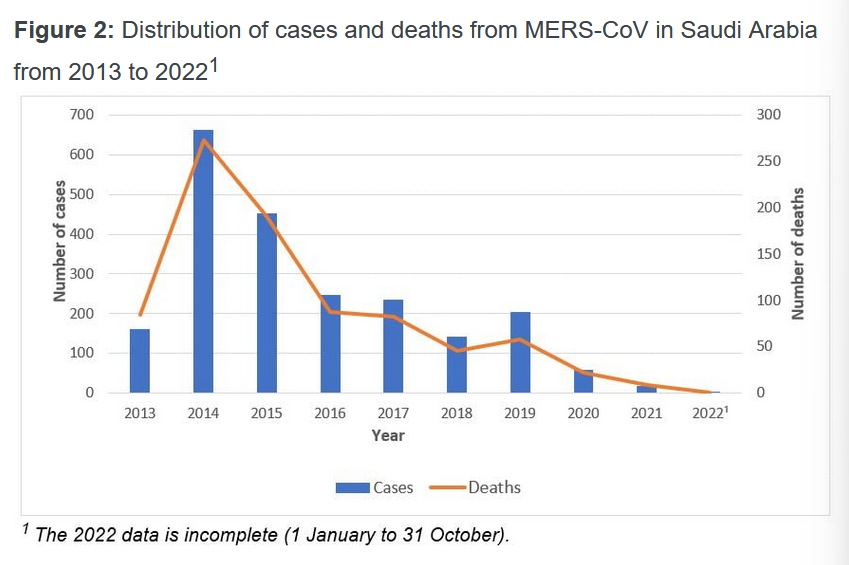
That said, there is no accounting for human stupidity. The World Cup was held at the same time as a local camel festival…
A camel ‘beauty contest’ was also specially designed as a World Cup attraction to raise cultural awareness where 15 camels are paraded around for the crowds. Visitors were given spiced tea with milk and included a camel milking competition. Camels have to be checked to ensure they’ve not been given botox or had their skeletons altered to make them more appealing.
The show was sponsored by the Ministry of Sports and Youth, who obviously didn’t get the MERS memo.
Dr Dele Ogunseitan said:
‘It’s kind of endemic in the[camel] population in the Middle East. And so when you have this festival that brings soccer fans from all over the world, at the same time, in the same country, as a camel showcase festival; physicians, and global health security people should be concerned.’




